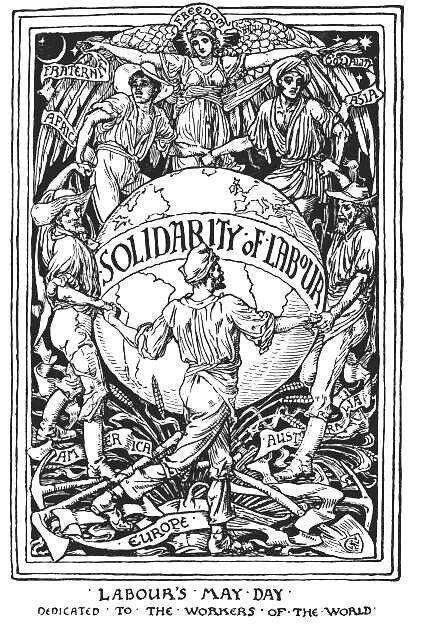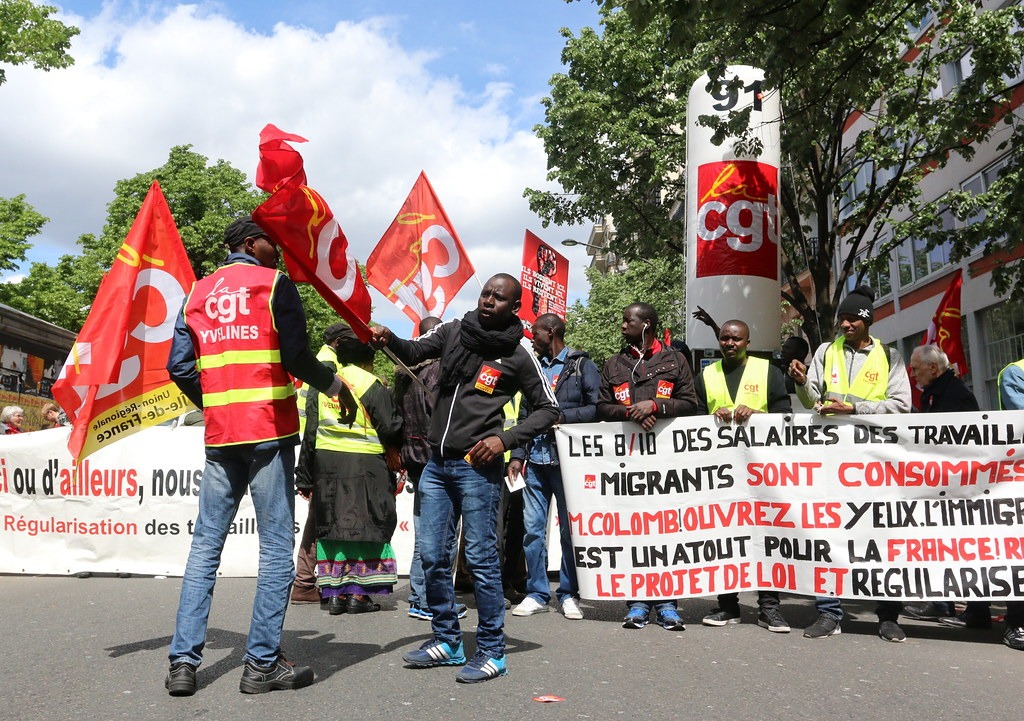
Written by Ali Aksu
Since its introduction in 1890, May Day has spread far beyond Europe and has become an integral part of the political calendar in many countries. Today, May Day is a public holiday in over 80 countries worldwide – often associated with demonstrations, strikes and political rallies.
In Latin America, especially in Argentina, Chile and Brazil, May Day is not just a day of demands – it is a day of mobilization. Millions take to the streets to demand social rights and fight against privatization, unemployment and state repression. In countries with authoritarian tendencies, they regularly risk police violence, arrests or state harassment – and yet they return every year.
In Turkey, May Day is a symbol of unbroken resistance. Despite bans on demonstrations, mass arrests and serious violence, trade unions and left-wing movements refuse to be intimidated. The massacre on Taksim Square in 1977, in which over 30 people were killed, is still a reminder and motivation today: every year, the square becomes a battleground for political presence.
In France, May Day is an integral part of a resistant political culture. Not only trade unions, but also students, pensioners, precarious workers and migrants use it to make social attacks visible and fight back together.In recent years, it has been closely linked to the mass protests against the Macron government’s pension reform, which raised the retirement age from 62 to 64 against the will of the majority. Despite the reform being pushed through, the movement was able to prevent further tightening, undermine the government’s political legitimacy and force Macron to make concessions elsewhere. The months of resistance on the streets and in workplaces showed that trade union strength and collective pressure can have an impact even in a neoliberal system.

May Day belongs to the People
May Day was not given to us as a gift – it was fought for. It is the result of real disputes: Strikes, political struggles, repression. And it remains necessary – especially at a time when attacks on social rights are increasing while corporations are reporting record profits.
The world of work has become more flexible, fragmented and digitalized – but the exploitation has remained the same. Wages are stagnating, collective wage agreements are declining, poverty despite work has long been part of everyday life. At the same time, trade union protest is being delegitimized and criminalized – whether in logistics, care or local transport.
May Day is not just a ritual of remembrance, but an occasion to make existing social inequalities visible. In Germany the nursing crisis, which has been going on for years, shows how little systemically relevant work is actually recognized: chronic understaffing, high stress levels and, at the same time, hardly any progress in wages and working conditions. Those who work under such conditions need more than symbolic recognition – namely concrete improvements and the right to organize together.
At the same time, the new coalition agreement betwenn the social democrats (SPD) and the Christian Democrats (CDU/CSU) shows where the political journey is heading: instead of focusing on social issues – fair pay, affordable housing, reliable public infrastructure – the logic of location and compliance with the debt brake once again dominate. This is precisely why May Day remains a necessary day: for visibility, for demands and for solidarity-based pressure from below.
